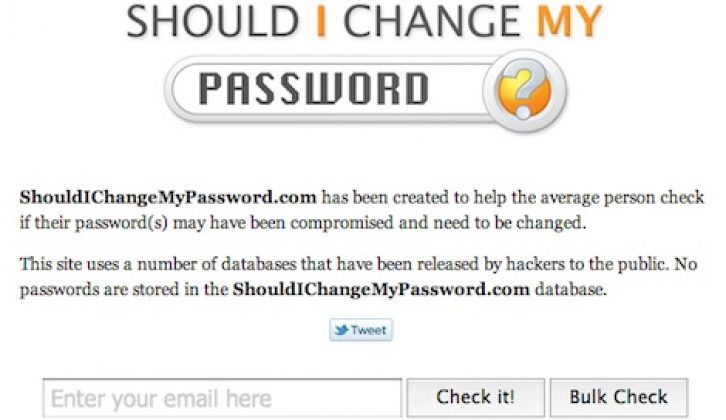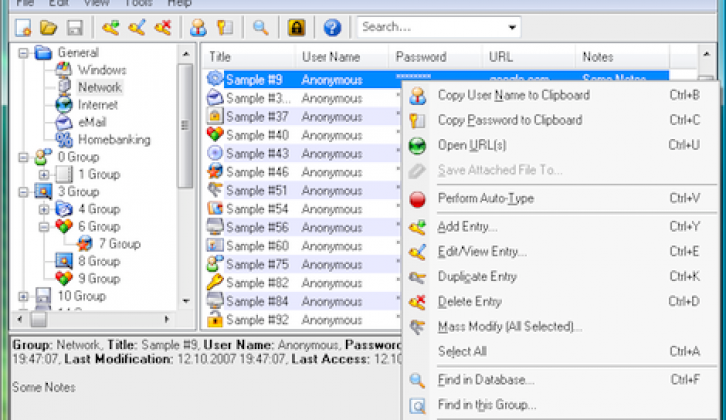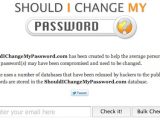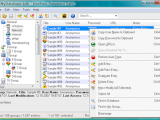[tl:gallery size=470×281]
There have been a number of high profile security breaches at various large organisations recently by the Lulz Security, or ‘LulzSec’, group of late.
Sony has been repeatedly ‘hacked’ and information about thousands of its users released online, the UK Serious Organised Crime Agency was subject to a similar attack and not even the US Senate was able to resist LulzSec’s efforts.
Even if you’re not interested in the hacks or the organisations affected, you still need to be aware of them if you use the internet. LulzSec has been publishing the data it has illegally obtained, and this includes personal details, email addresses and passwords.
The risk, of course, is that criminals can use this data to gain access to your accounts with various organisations. Unless you know where to look though, there’s no easy way of knowing if your details are among those that have been published.
There are, however, a couple of simple things you can do. First, you can see whether or not your email address is among those published as part of previous hacks by visiting www.shouldichangemypassword.com and entering one of your email addresses.
The site will then check against the hacked personal data that has been published to far to see if your email address is on it, so it’s important to check all email addresses you use and not just one. Incidentally, site creator does pledge that the check doesn’t save your email address and it has been vetted by a number of security professionals.
Second, if your email address is among those obtained by the hackers, you should change the passwords for any online accounts you hold — as well as that for your email service — as soon as possible.
When choosing a password, it’s important to use a series of letters, numbers and other symbols that cannot be guessed — you’d be surprised at how many people just use “password”, for example.
[tl:gallery size=470×323]
It’s also important not to use the same password for multiple sites or services, since this allows a hacker to gain access to everything you do online, even if just one web site you use is hacked. The best way to achieve this is with a free password manager that will not only generate random passwords for you, but also store them securely for use within your web browser whenever they’re needed.
[tl:movies size=470×297]
[via Sophos.com]










